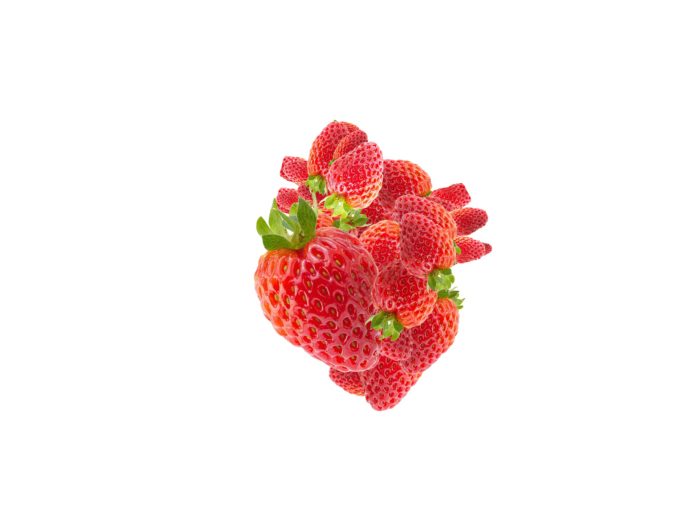Heart disease is a leading cause of death in Canada. Roughly 2.4 million Canadians are affected by heart disease.
If you are worried about your heart’s health, one of the most important changes you can do is to start eating a heart-healthy diet. Small steps can create big, healthy changes.
Here are nine tips that may help make your heart healthier:
- Eat a variety of fruit and vegetable servings every day. Dark green, deep orange, or yellow fruits and vegetables are especially nutritious. Examples include spinach, carrots, peaches, and berries.
- Eat a variety of grain products every day. Include whole-grain foods that have lots of fibre and nutrients. Examples of whole grains include oats, whole grain bread, and brown rice.
- Eat fish at least two times each week. Oily fish, which contain omega-3 fatty acids, are best for your heart. These fish include salmon, mackerel, lake trout, herring, and sardines.
- Stay at a healthy weight if you can. Your healthcare provider can give you more information on how to manage your weight.
- Eat foods low in saturated fat, trans fat, and cholesterol. Try to choose the following foods:
- Lean meats and meat alternatives like beans or tofu
- Fish, vegetables, beans, and nuts
- Non-fat and low-fat dairy products
- Polyunsaturated or monounsaturated fats, such as canola and olive oils, to replace saturated fats, such as butter.
- Read food labels and limit the amount of trans fat you eat. Trans fat raises the levels of LDL (“bad”) cholesterol and also lowers high-density lipoprotein (HDL, or “good”) cholesterol in the blood. Trans fat is found in many processed foods made with shortening or with partially hydrogenated or hydrogenated vegetable oils. These foods include cookies, crackers, chips, and many snack foods.
- Limit sodium. Most people get far more sodium than they need. Try to limit how much sodium (salt) you eat. For good health, less is best. This is especially important for people who are at risk for or already have high blood pressure. Try to limit the amount of sodium you eat to less than 2,000 milligrams (mg) a day. If you limit your sodium to 1,500 mg a day, you may be able to lower your blood pressure even further. And if you can’t reach these goals right now, try to eat 1,000 mg less sodium a day than you are now eating.
- Limit alcohol intake to two drinks a day for men and one drink a day for women.
- Limit drinks and foods with added sugar.









